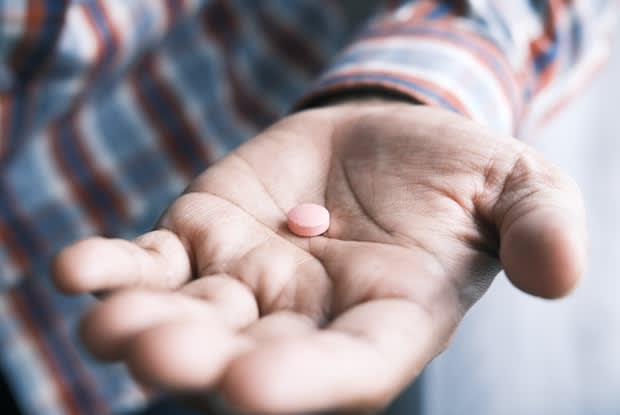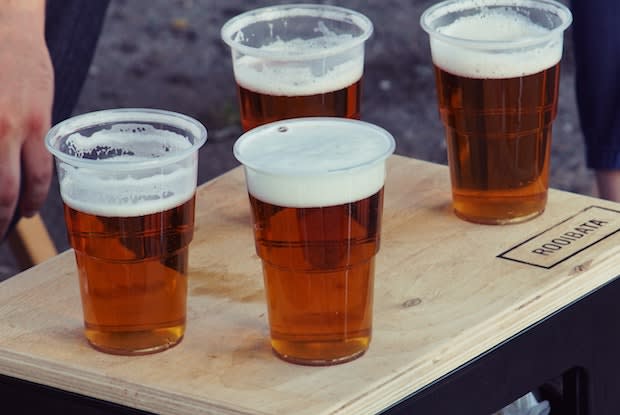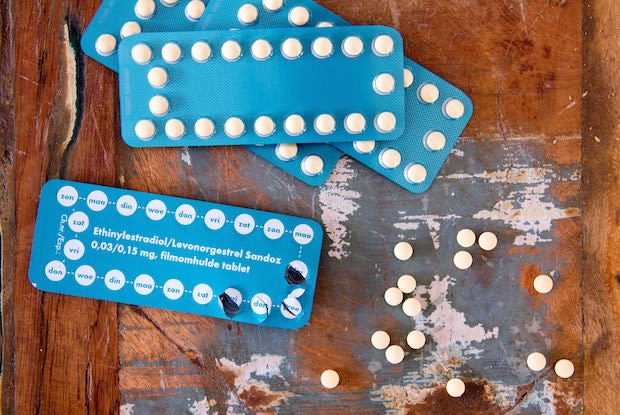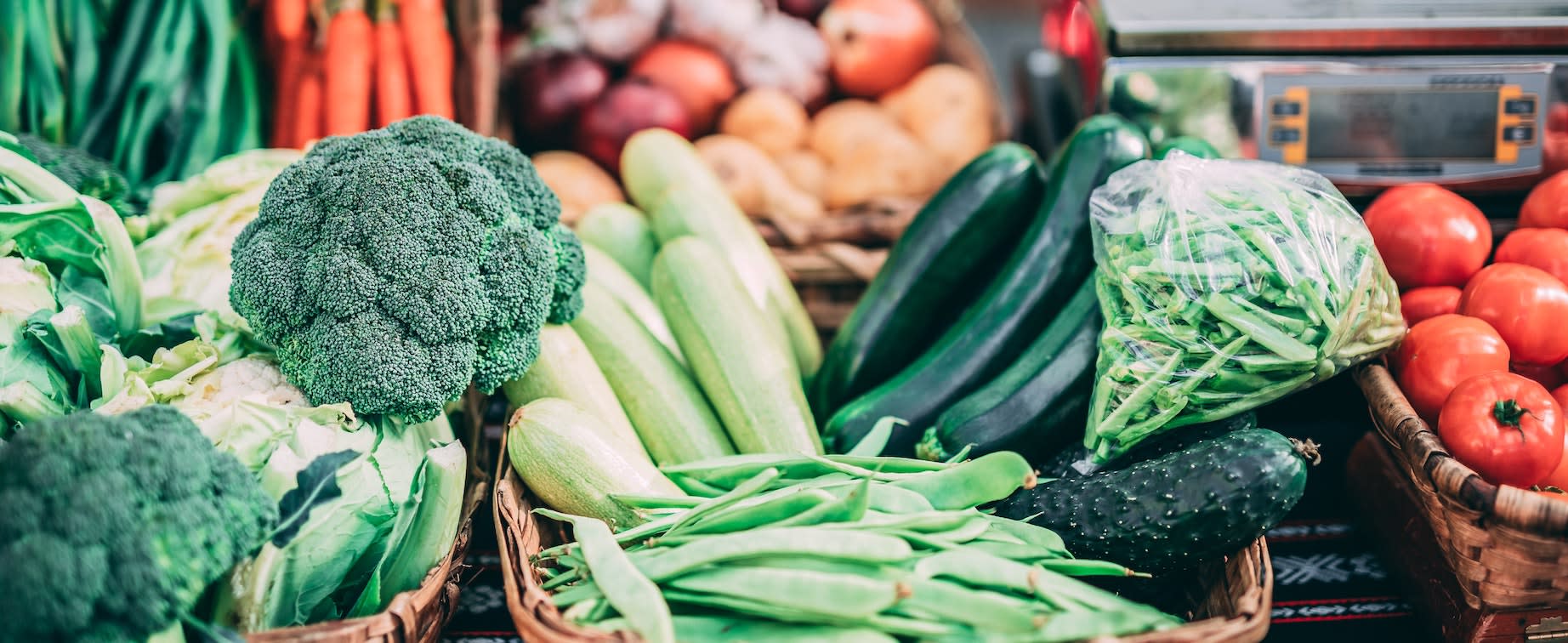Table of Contents
Blood thinner overview
Blood thinners, like Xarelto, are commonly used in treatment plans for many conditions. Millions of people in the United States take blood thinners every year to prevent the formation of dangerous blood clots. Blood clots occur when blood cells stick together and adhere to the arterial wall. These clumps can travel through the bloodstream and cause heart attacks as well as clots in the lungs.
It is vital to keep an open channel of communication with your healthcare team while taking blood thinners. Various foods, herbs, and medications can interfere with blood thinners, so disclose all products (natural and prescription) you take so your doctor can give you the proper dosage. If your doctor determines you are at risk of blood clots, you can save money on your generic Xarelto prescription on Canada Meds United. Read on to learn more about what substances could interact with your blood thinner medication. [1]
Vitamin K
It is vital to pay attention to the amount of vitamin K in your diet because it can interact with anticoagulant blood thinners, like Xarelto and Warfarin. It depends on the medication, but Warfarin is especially sensitive to excessive vitamin K. This vitamin is a naturally occurring vitamin that is typically found in leafy vegetables. It is important to limit foods high in vitamin K because it produces some of the clotting factors that increase clotting. [2]

Get Up to 80% Off Brand and Generic Xarelto (Rivaroxaban) at Canada Meds United!
Maximize savings without sacrificing quality with up to 80% off Xarelto (Rivaroxaban). Our certified online Canadian pharmacy delivers right to your door, offering convenience along with unbeatable prices.
Learn MoreYou should avoid eating certain foods that contain high levels of vitamin K. Some of these foods include:
- Cabbage
- Brussels sprouts
- Broccoli
- Asparagus
- Endive
- Kale
- Collard greens
- Lettuce
- Mustard greens
- Turnip greens

Herbs
Many people believe that because herbs are natural, they must be safe to use. But that is not always the case, especially if you are taking blood thinners. Many herbal supplements can have strong effects on the body and can interact negatively with prescription medication. It is essential to tell your doctor about any herbal supplements you are taking. Those taking anticoagulants should take herbal supplements and teas with caution. They can often increase your risk of bleeding and increase the amount of time you bleed. [1]
Tell your doctor if you use any of the following supplements:
- Willow bark
- Ginkgo biloba
- Ginseng
- Evening primrose oil
- Dong Quai
- Echinacea
- Chamomile
- Goldenseal
- Licorice [3]
Get savings updates for Xarelto
Smoking
It is crucial to create a plan with your doctor if you often mix substances like cannabis and tobacco with your blood-thinning medication. Smoking can make your medications absorb differently. Marijuana has a synergistic effect, which means the interactions of the chemicals are greater than the sum of their parts. This means that consuming cannabis could effectively increase the potency of your blood-thinning medicine, which can be very dangerous. Each strain of marijuana has its unique qualities, so the number of terpenes and cannabinoids in each strain can impact you differently. [4]
Smoking cigarettes is not recommended for anyone, but it can be especially dangerous while taking blood thinners. When cigarette chemicals are absorbed into the liver, problems can occur. The liver is vital in making enzymes to eliminate toxins. When the liver has to work harder to eliminate cigarette toxins, it also eliminates blood-thinning medications. This results in less medication in the body, which lowers the effectiveness of blood thinners.
It is essential to get the most out of your medications because Xarelto is traditionally expensive. Currently, generic Xarelto (rivaroxaban) is not currently available in the United States or Canada, but you can get the medication using an online pharmacy referral service like Canada Meds United. We help to connect you to licensed international fulfillment centres and/or pharmacies, so start saving on your prescription today. [5]
Alcohol
Combining alcohol with any medication is typically not a great idea, but it can be quite dangerous with certain blood thinner medications, like Warfarin. It is advised to avoid consuming alcohol with these drugs until approved by your doctor. Alcohol can thin your blood, which can lead to a greater risk of bleeding. Binge drinking can also decrease a person’s metabolism of oral anticoagulants. If your body cannot break down your medications, then you will not experience the benefits of the blood thinners, and you are at risk for developing blood clots.
Newer anticoagulant drugs like Xarelto do not have as many dangerous alcohol-related drug interactions on their labels, but consuming large amounts of alcohol is never recommended. Heavy alcohol use may increase your risk of developing stomach ulcers. Anticoagulant medications can worsen stomach bleeding. [6]

Vitamin E
Vitamin E is a commonly used supplement that many people take in their everyday medicine routine. This vitamin is taken regularly by over a quarter of adults 55 years and older. Vitamin E is reported to have many antioxidant properties that can stave off age-related illnesses such as heart disease, cancer, and cataracts. The actual effectiveness of this drug is unknown.
Some foods that have natural sources of vitamin E include:
- Wheat germ oil
- Sunflower seeds
- Dry roasted almonds
- Canola oil
- Raw red bell peppers
- Cooked broccoli
Vitamin E is typically harmless, but it does have the ability to interfere with the blood’s clotting ability. If you are taking vitamin E in hopes it will improve heart health, you may want to be cautious. Interference with the blood’s clotting abilities raises your risk of hemorrhagic (bleeding) strokes and could increase bleeding in those who take blood thinners. [7]
Medications
Certain medications can negatively interact with blood thinners. It is important to tell your doctor if you are taking antibiotics, antifungal drugs, acid reducers, and certain pain relievers because they can increase your risk of bleeding.
Some birth control pills can also be dangerous for those with blood clotting problems. Some studies suggest that taking estrogen forms of birth control increases a woman’s risk of blood clots. The risk is relatively low, with only 1 in 1,000 women on birth control pills developing a clot every year.
If you are taking blood thinners or have a history of blood clots, your doctor will likely prescribe progestin-only birth control, which lowers your risk of pulmonary embolism or DVTs. [8] You can browse the Canada Meds United blog site to learn more about blood clots and how to save money on blood thinners like rivaroxaban to prevent these dangerous medical events.

Certain foods
Particular foods also have natural anticoagulant properties. If you overeat certain foods while taking blood thinners, you can increase your risk of bleeding. These foods are generally healthy, but it is advised to eat them with caution if you are taking blood thinners. Tell your doctor if you frequently consume these foods.
Natural anticoagulants:
- Aniseed
- Ginger
- Garlic
- Celery seed [1]
Choosing the right blood thinner can be difficult, especially when you have to consider the possible interactions that may occur. At Canada Meds United, we aim to make this decision easier through our informative blog posts and our responsive care team. Save money on your blood thinners today!
The content in this article is intended for informational purposes only. This website does not provide medical advice. In all circumstances, you should always seek the advice of your physician and/or other qualified health professionals(s) for drug, medical condition, or treatment advice. The content provided on this website is not a substitute for professional medical advice, diagnosis or treatment.
